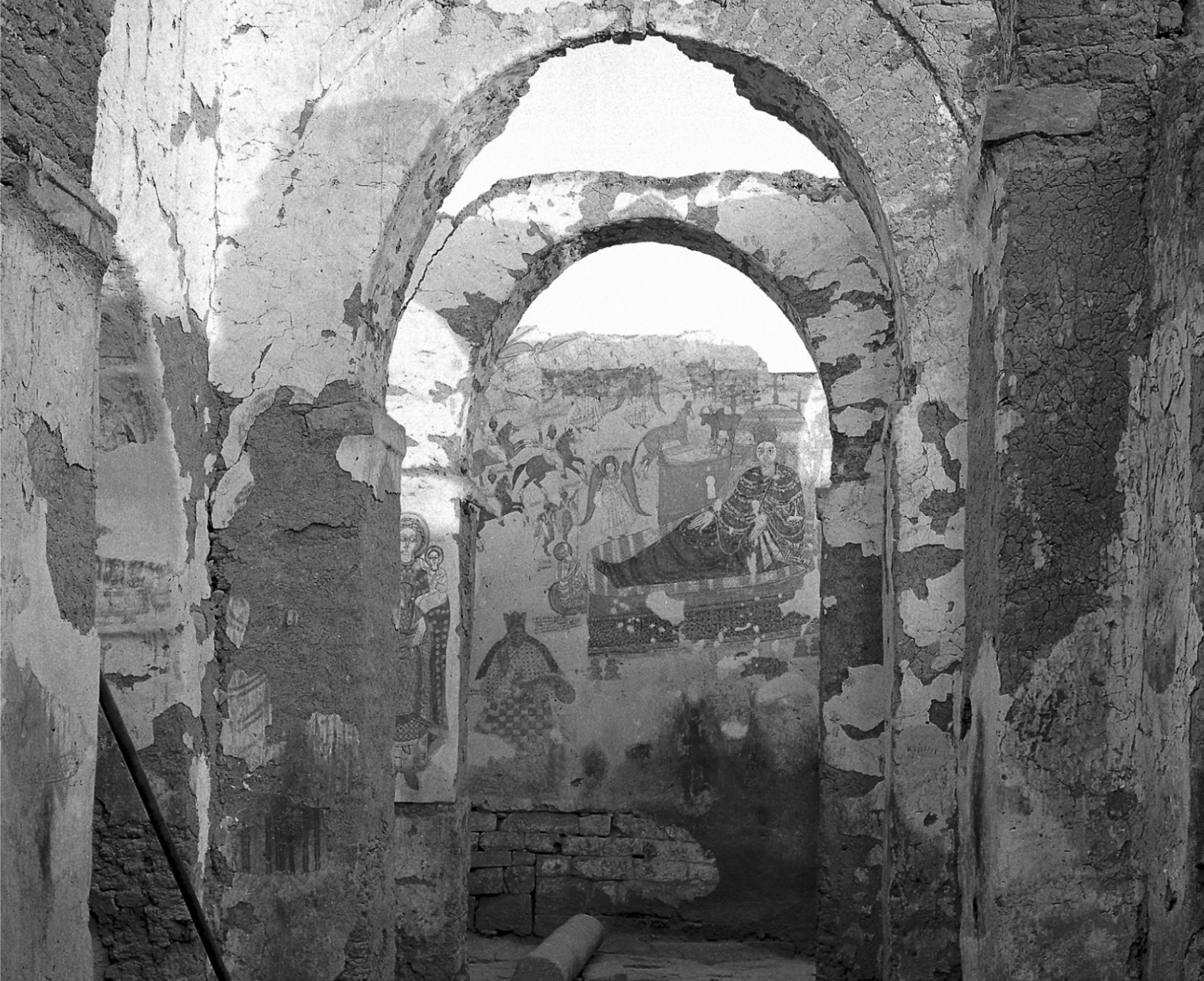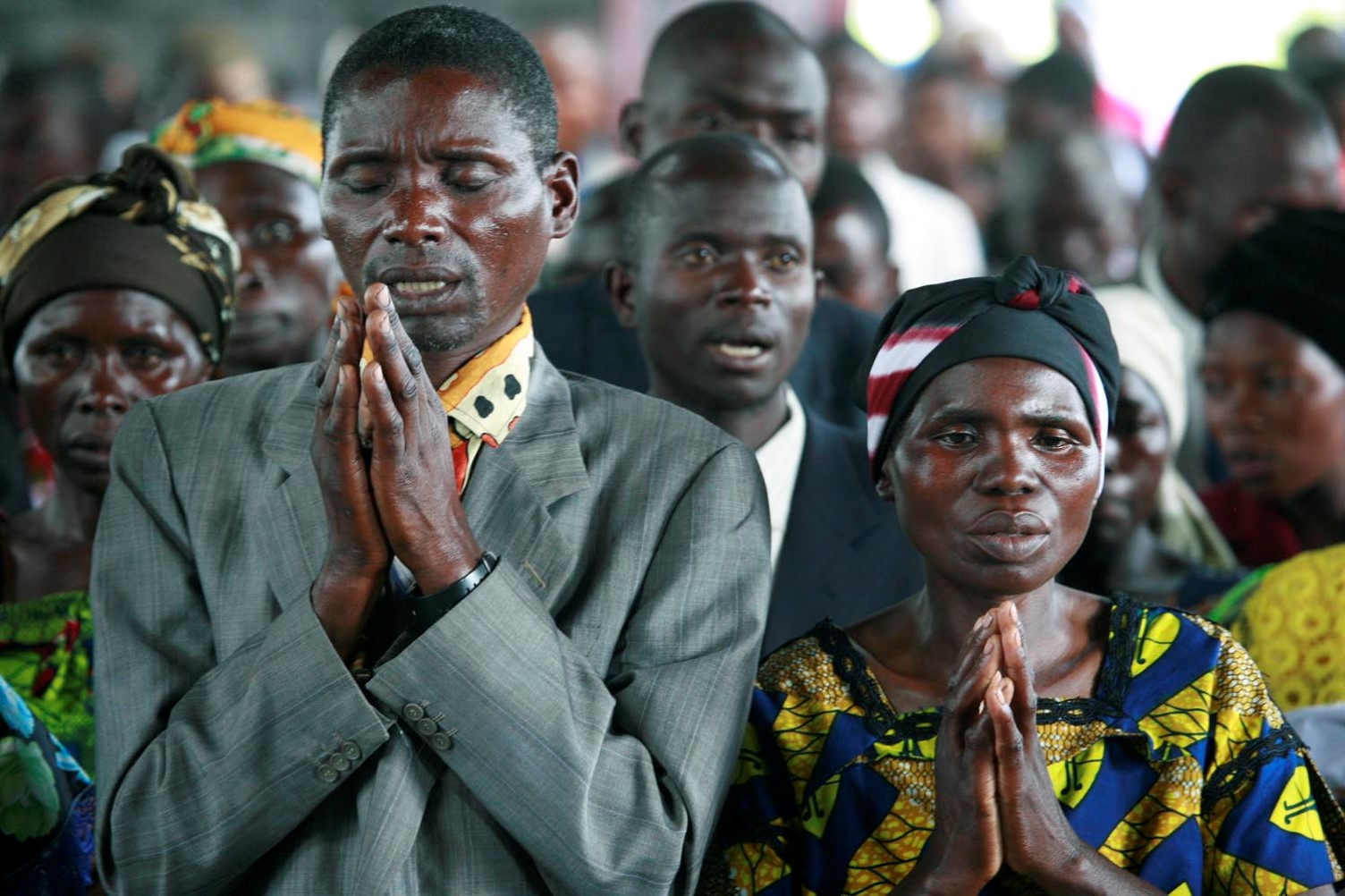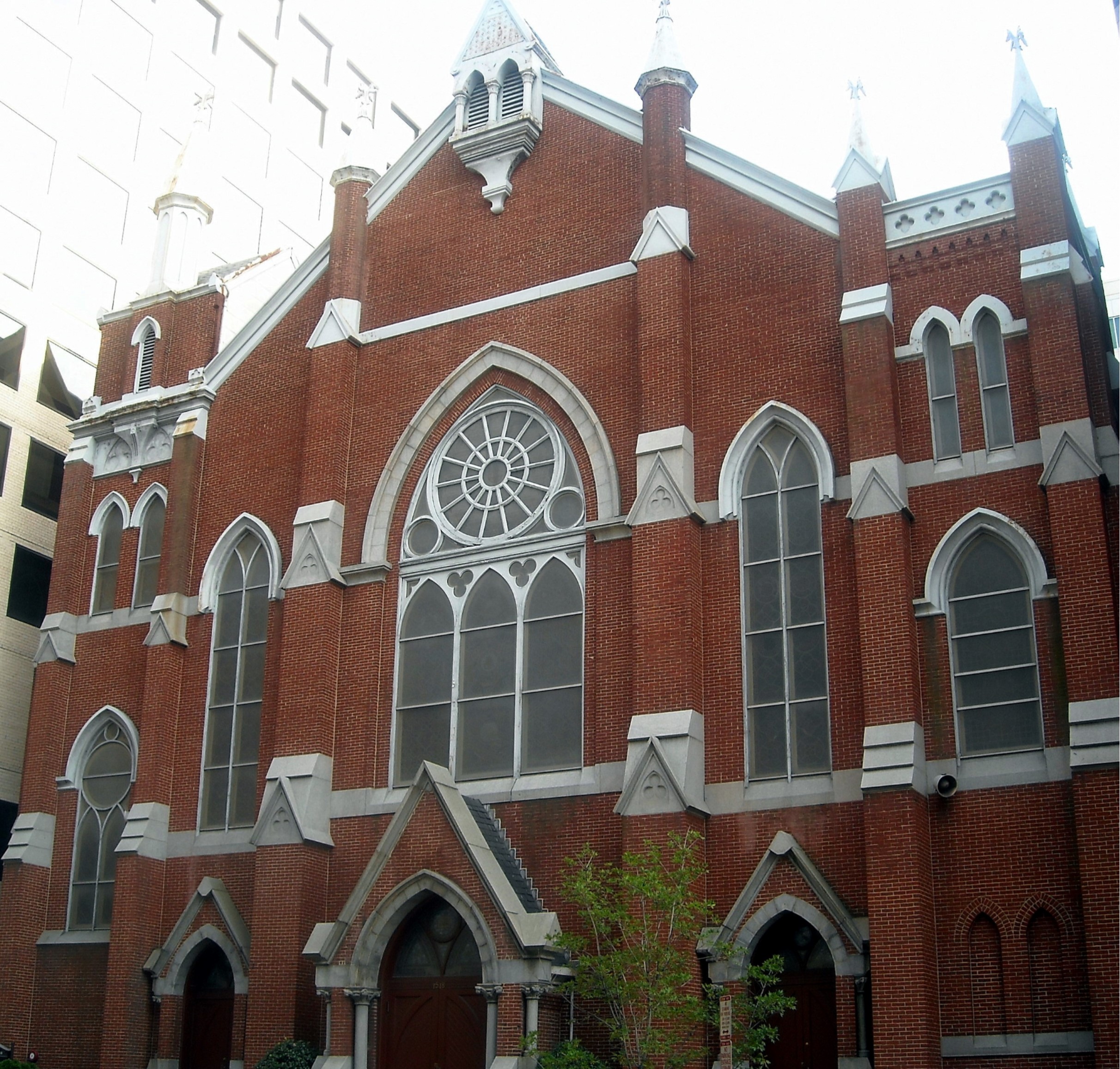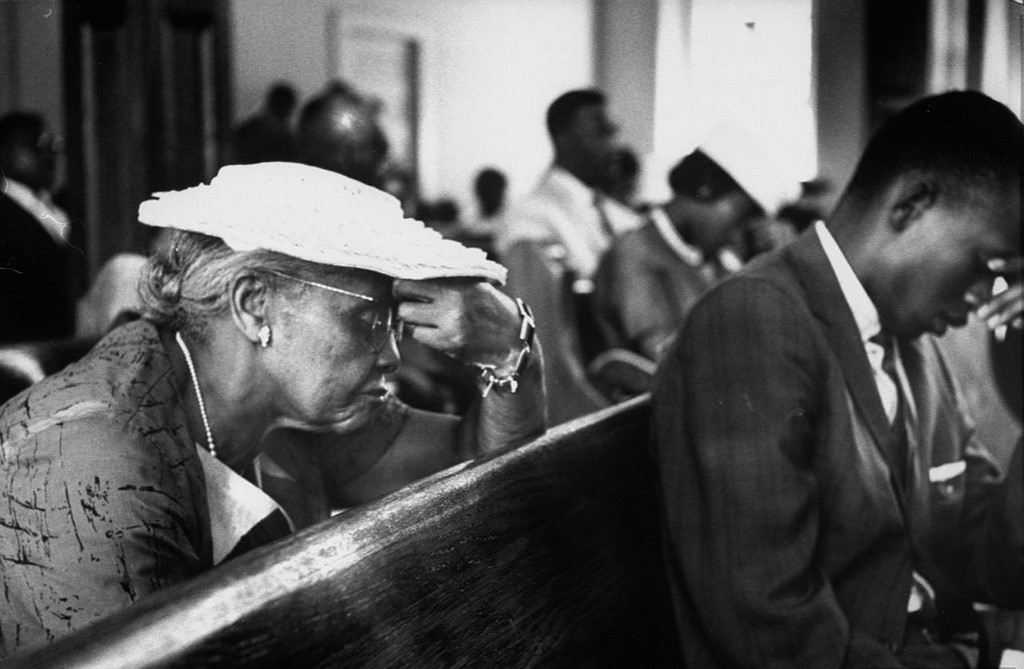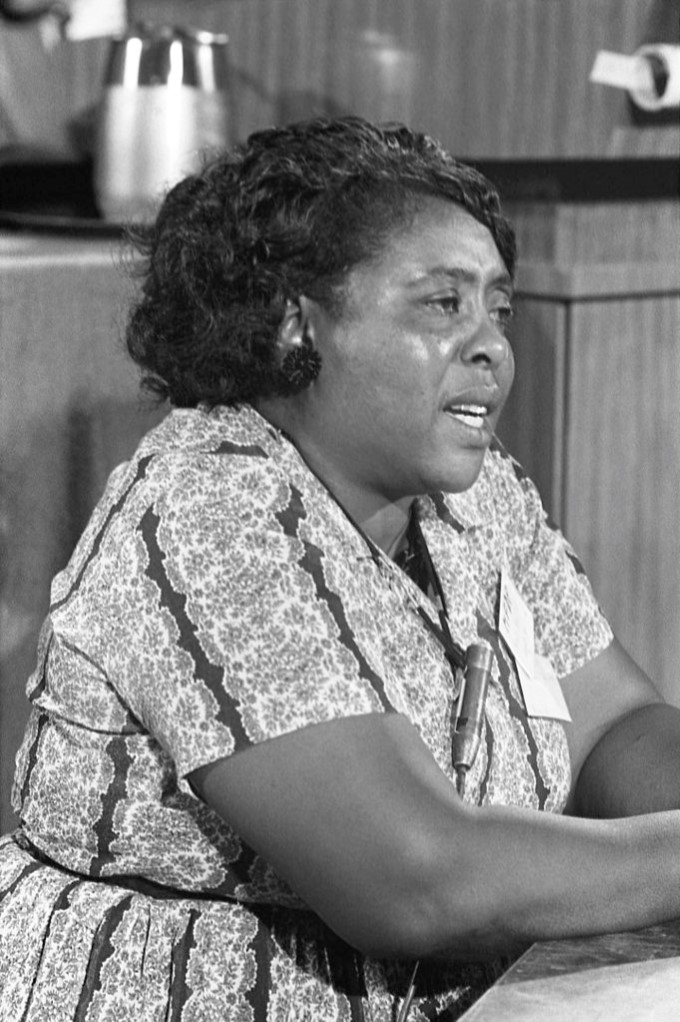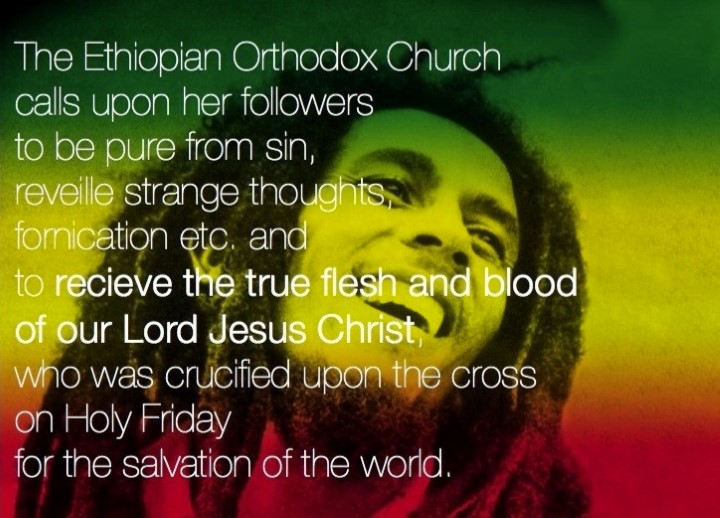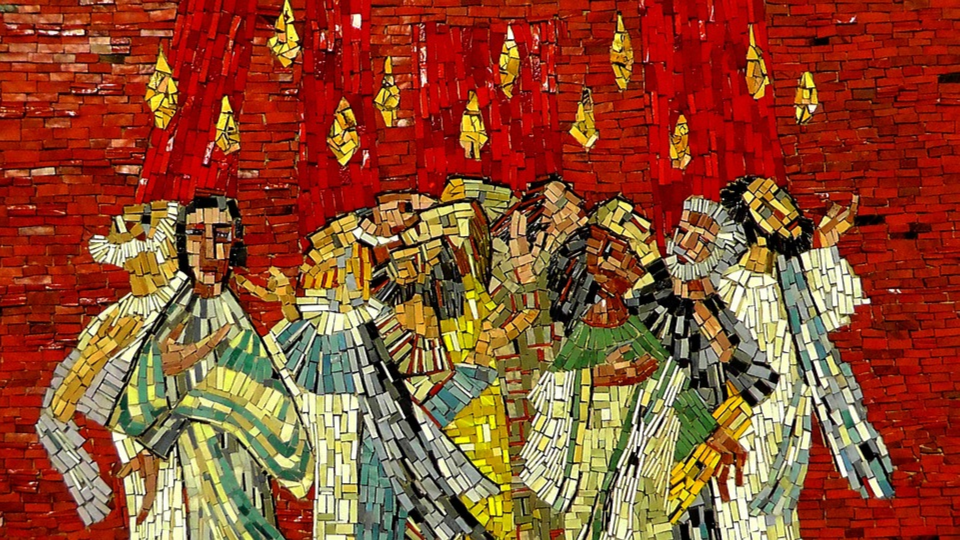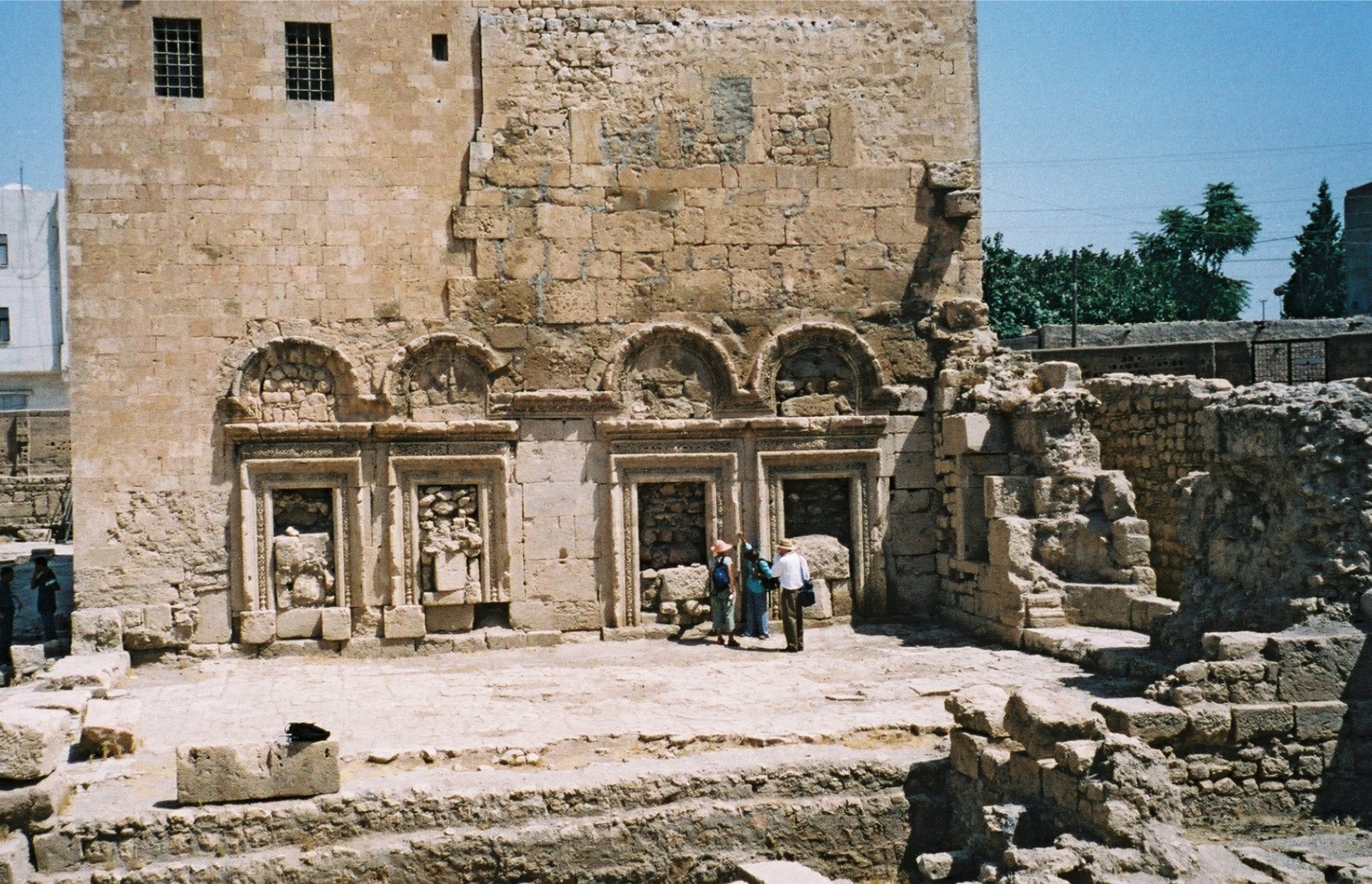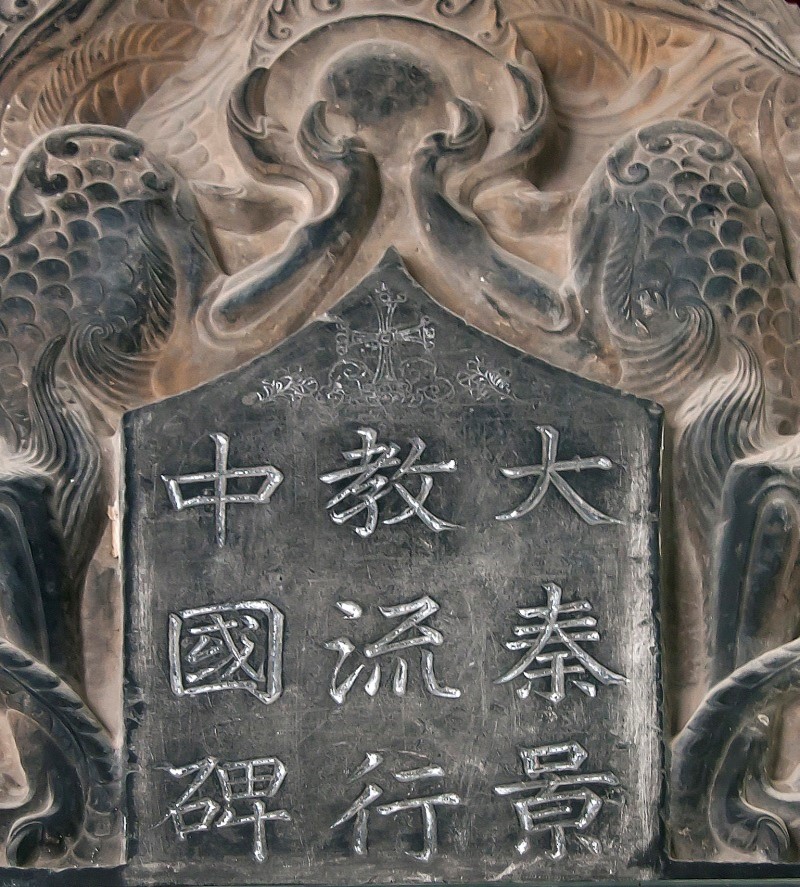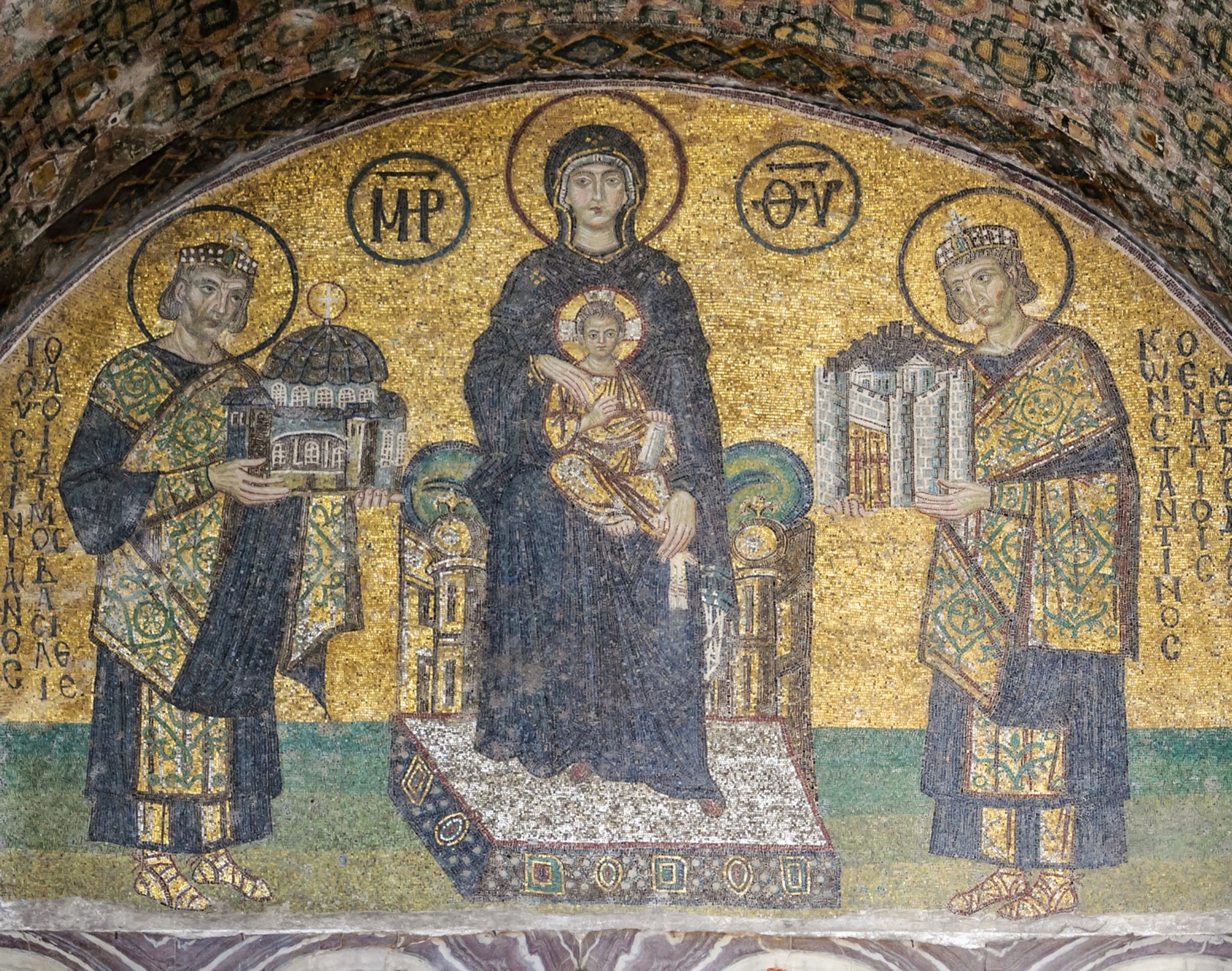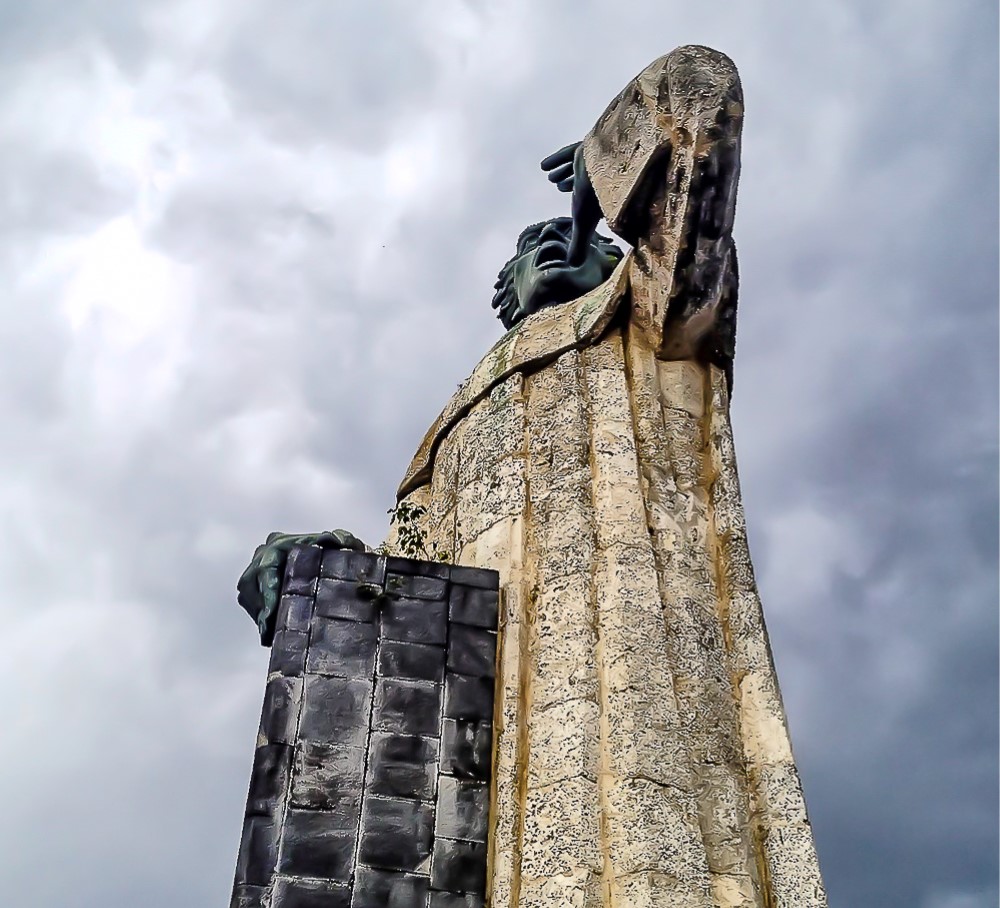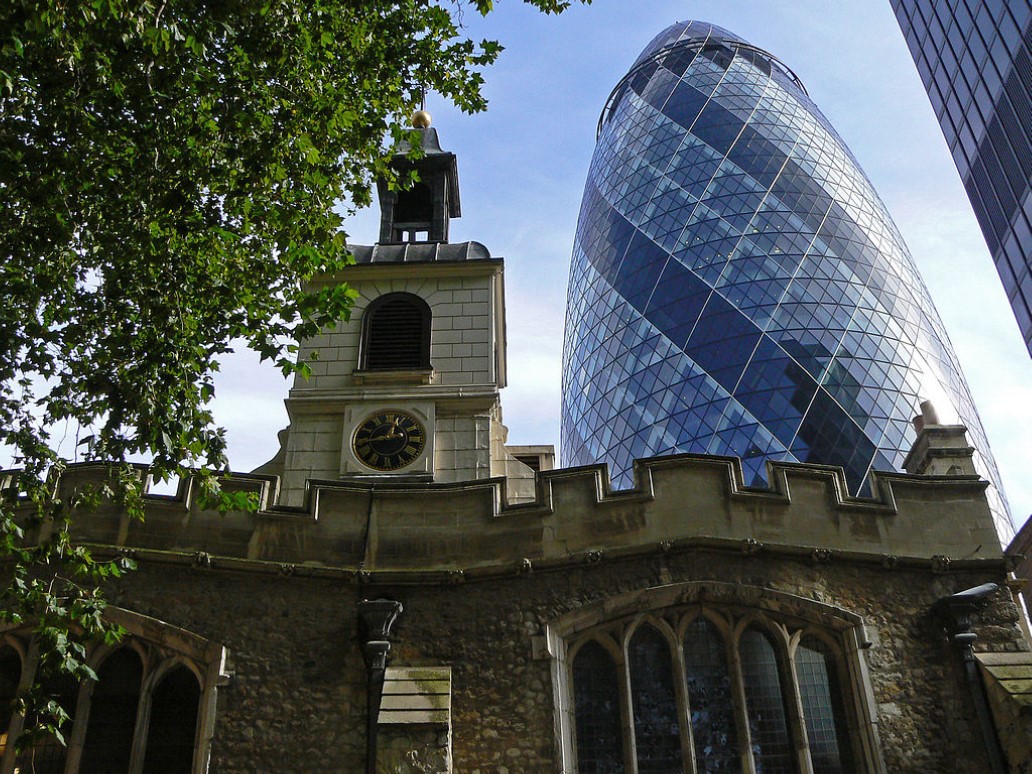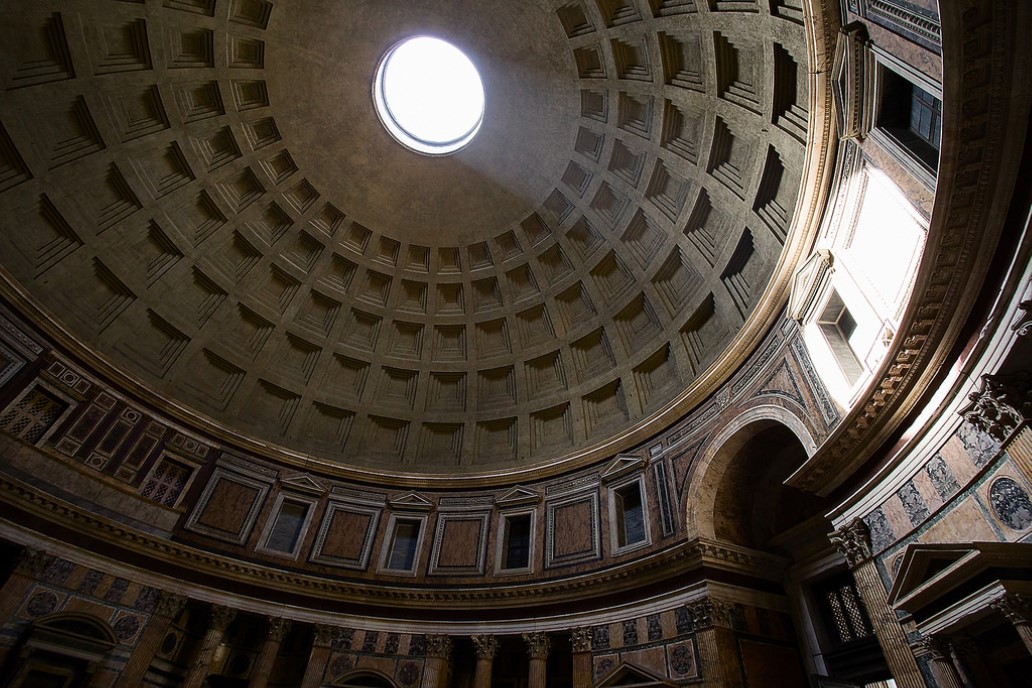The Church in the African Diaspora
Photograph: Jamaican reggae singer Bob Marley. Photo credit: Mountaineer Catholic at St. John University Parish. Bob Marley began his career in Jamaica in a band called The Wailers, in the 1970's. He popularized reggae world-wide, as one of his major themes was the struggle for justice against European colonialism. He also popularized Rastafarianism, the belief that the Ethiopian emperor Hailie Selassie was the messianic heir of King David. Selassie himself, not wishing to be worshiped, commissioned the patriarch of the Ethiopian Orthodox Church to minister in Jamaica. Bob Marley converted to Christ in the Ethiopian Orthodox tradition over a year before his death. See this and this on the story of Bob Marley.
Introduction
The selection of perspectives on church history in this section — Church and Empire — has been guided by three factors: (1) to demonstrate that Christianity has not been a “white man’s religion”; (2) the study of empire as a recurring motif in Scripture by recent biblical studies scholars; and (3) explorations of biblical Christian ethics on issues of power and polity, to understand how Christians were faithful to Christ or not. Christian relational ethics continues a Christian theological anthropology that began with reflection on the human nature of Jesus, and the human experience of biblical Israel.
This section explores the experience and activities of the African Christian diaspora outside the U.S.
Other Resources on the Church in the African Diaspora
Noel Leo Erskine, Decolonizing Theology: A Caribbean Perspective. Africa World Press | Amazon page, Feb 1, 1998.
Paul Freston, Evangelicals and Politics in Asia, Africa and Latin America. Cambridge University Press | Amazon page, 2001, 2003.
Lamin Sanneh, Whose Religion Is Christianity?: The Gospel beyond the West. Eerdmans | Amazon page, 2001. Sanneh compiles excellent essays.
Herman L. Bennett, Africans in Colonial Mexico: Absolutism, Christianity, and Afro-Creole Consciousness, 1570-1640. Indiana University Press | Amazon page, Aug 31, 2003.
Jon F. Sensbach, Rebecca's Revival: Creating Black Christianity in the Atlantic World. Harvard University Press | Amazon page, Feb 23, 2005.
Paul Freston, Evangelical Christianity and Democracy in Latin America. Oxford University Press | Amazon page, 2008.
Journey to Orthodoxy, Bob Marley: Orthodox Christian. Journey to Orthodoxy blog, Jun 3, 2010.
Afe Adogame, Roswith Gerloff, and Klaus Hock, Christianity in Africa and the African Diaspora: The Appropriation of a Scattered Heritage. Continuum, Amazon page, May 12, 2011.
Linda M. Heywood and John K. Thornton, Central Africans, Atlantic Creoles, and the Foundation of the Americas, 1585-1660. Cambridge University Press | Amazon page, 2007. Heywood and Thornton tell the remarkable story of how King Afonso of Kongo became a baptized Catholic in 1491, one year before Columbus set sail for the Americas, and laid the foundation for up to 20% of the West African people taken as slaves to the Americas were Catholic Christians; this means that church history had to be falsified in order for the Catholic Doctrine of Discovery to take effect; see also John Thornton, The Development of an African Catholic Church in the Kingdom of Kongo, 1491–1750. The Journal of African History, Jan 1, 2009. John Thornton and Linda Heywood, A Forgotten African Catholic Kingdom. The Root, Aug 12, 2011.. This led to the Stono Rebellion of 1739 in South Carolina (Wikipedia article, led by Catholic Kongolese); see Lisa Vox, What Impact Did the Stono Rebellion Have on the Lives of Slaves? Thoughtco, Jan 13, 2018.
Partners in Health, Père Eddy, Haiti’s Patron Saint of Mental Health. Partners in Health, Oct 22, 2015.
Noel Leo Erskine, Plantation Church: How African American Religion Was Born in Caribbean Slavery. Oxford University Press | Amazon page, 2014.
Shira Telushkin, The Americanization of an Ancient Faith. The Atlantic, Mar 31, 2018. Telushkin discusses Coptic Churches in the U.S.
Church and Empire in Africa: Topics:
This section explores the experience and activities of Christians under various regimes in Africa. We divide this material into Africa Pre-1600, Africa Post-1600, African American Pre-1954, African American Post-1954, African American Spirituality, and the African Diaspora outside the U.S. The time period around 1600 AD is significant because: In the West, the Songhai Empire collapsed in 1591 and the Mali Empire was divided in 1610; in Central Africa, Idris Alooma, ruler of the Kanem-Bornu Empire, died in 1603; in the East, Portugal and the Catholic Church were expelled from Ethiopia in 1632; and on the coasts, accelerated conflict with European colonizers and slave traders
Church and Empire: Topics:
This page is part of our section on Church and Empire. These resources begin with a biblical exposition of Empire in Church and Empire and the meaning of Pentecost in Pentecost as Paradigm for Christianity and Cultures, then grouped by region: Middle East, Asia, Africa, Europe, Americas, then Nation-State, with special attention given to The Shoah of Nazi Germany.

